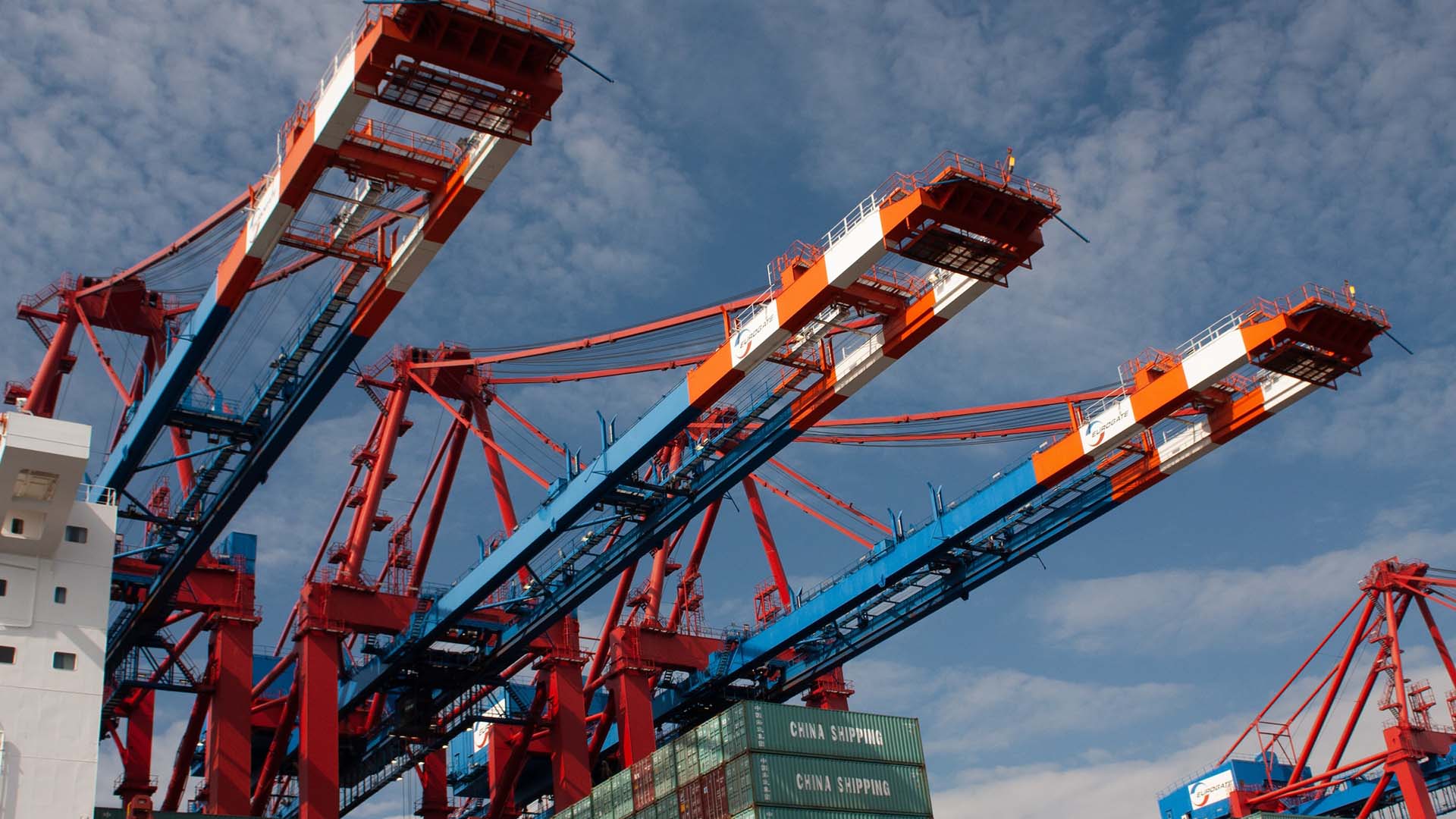Every week, Rinchem shares important articles and topics about chemical and gas logistics, industries we operate in, and the general global supply chain. In this week's update we talk trade negotiations between the United States and Taiwan, reshoring and onshoring, and new EPA rules overhaul.
Keep reading to see this week's hot topics.
This week's stats
$165 billion- the amount TSMC is investing in chip factories in Arizona CNBC
80%- of COOs plan to increase onshoring or reshoring in the next three years Supply Chain Brain

Taiwan rejects U.S. proposal for ’50-50′ chip production, says trade talks focused on tariffs
Taiwan is negotiating with the U.S. to ease a 20% tariff on its exports while strengthening semiconductor cooperation, but it has rejected Washington’s proposal for a 50-50 split in chip production. Instead, Taiwan favors expanding manufacturing in the U.S. while maintaining its core supply chains at home, emphasizing the importance of industrial clustering and strategic partnership over forced relocation.

Navigating Tariffs, Market Uncertainty and the Growing Momentum for Reshoring
The article argues that in the face of persistent tariffs and market volatility, companies are increasingly turning to reshoring—or bringing production back onshore—as a strategic move to enhance supply chain resilience. It highlights how businesses must map tariff exposure, run cost-model scenarios under different trade regimes, and balance the benefits of proximity and control against capital costs and operational constraints. The author suggests firms should adopt a phased reshoring approach—first targeting high-risk components or product lines—and build flexibility into their manufacturing footprint rather than fully relocating all operations at once.

EPA seeks to revise how it evaluates chemical risks
The EPA has proposed a rule to overhaul how it evaluates chemical risks under the Toxic Substances Control Act (TSCA), including eliminating the “whole substance” approach and instead making separate risk determinations for each use of a chemical. It also plans to clarify how occupational exposure controls (like personal protective equipment) are weighed, restrict the scope of exposure pathways considered, and allow amendments to finalized risk evaluations without restarting the entire prioritization process. Critics warn the changes could weaken health protections and undercut concerns about cancers and chronic diseases.
Get more articles like this in your inbox
Sign up for our monthly newsletter
Find more articles


